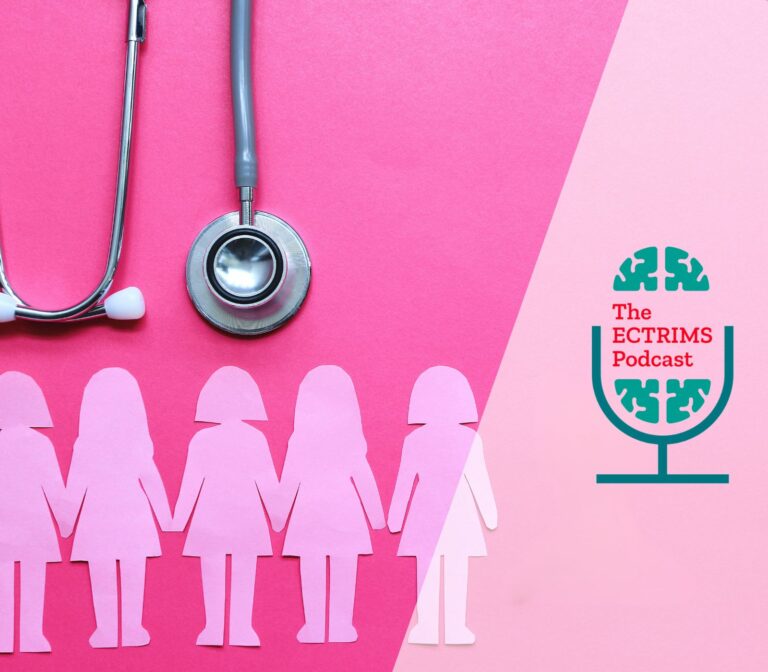Episode 15: Women with MS
Episode 15: Women with MS
MS affects more women than men. Research on the reasons behind this, and if and how sex-specific processes may impact disease progression, and the symptoms experienced by women living with MS continue to expand. In this episode, Rhonda Voskuhl of UCLA and Elisabeth Celius of University of Oslo and Oslo University Hospital discuss these issues and more.
References:
Itoh, Y., et al. (2019). The X-linked histone demethylase Kdm6a in CD4+ T lymphocytes modulates autoimmunity. The Journal of clinical investigation, 129(9), 3852–3863. https://doi.org/10.1172/JCI126250
Voskuhl, R., & Itoh, Y. (2022). The X factor in neurodegeneration. The Journal of experimental medicine, 219(12), e20211488. https://doi.org/10.1084/jem.20211488
Voskuhl R. R. (2020). The effect of sex on multiple sclerosis risk and disease progression. Multiple sclerosis (Houndmills, Basingstoke, England), 26(5), 554–560. https://doi.org/10.1177/1352458519892491
Meyer, C. E., et al. (2023). Neuroprotection in Cerebral Cortex Induced by the Pregnancy Hormone Estriol. Laboratory investigation; a journal of technical methods and pathology, 103(8), 100189. Advance online publication. https://doi.org/10.1016/j.labinv.2023.100189
Voskuhl, R. R., et al. (2016). Estriol combined with glatiramer acetate for women with relapsing-remitting multiple sclerosis: a randomised, placebo-controlled, phase 2 trial. The Lancet. Neurology, 15(1), 35–46. https://doi.org/10.1016/S1474-4422(15)00322-1
